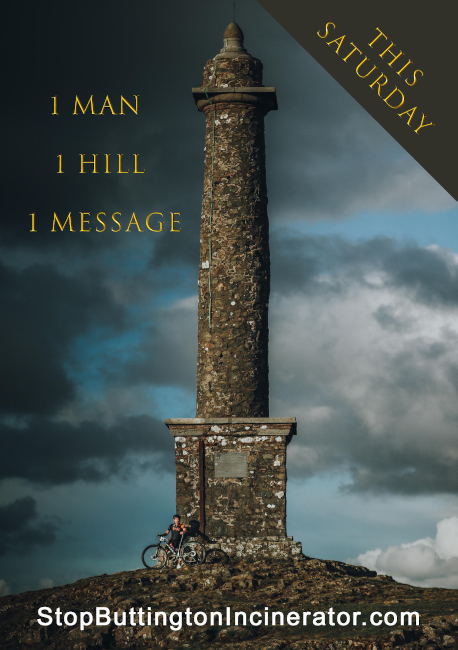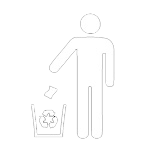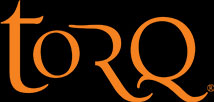This Saturday 22nd May, TORQ owner Matt Hart will be cycling the height of Everest by repeatedly riding up and down a 1,000ft hill to protest about local and global issues with regard to incineration.
The challenge is formidable, so won’t represent the average person’s Saturday bike ride, but Matt wants to make people aware of how destructive incineration of domestic and industrial waste is to people and the environment.
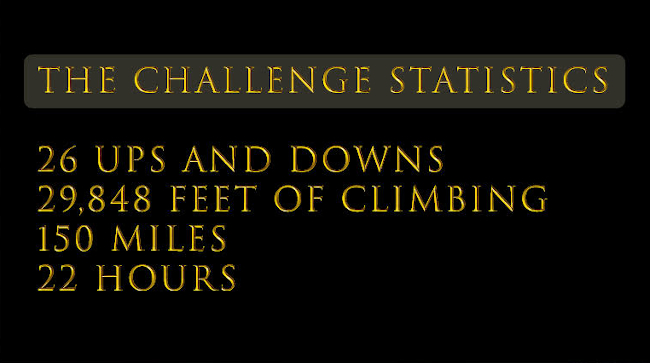
It goes without saying that Matt might need to consume a few of his own TORQ products in order to complete this challenge, but he is hoping to be cheered on by people in the local community and other cyclists who will join him for a few ups and downs to take his mind off the task at hand. If you fancy joining Matt, he will be riding from 5am on Saturday 22nd May until about 2am on Sunday 23rd May and will be starting each new climb HERE every 50 minutes or so. Turn up whenever you want and ride as many loops as you fancy (just remember to socially distance).

The hill he’s riding up is of significance. It’s well known in the local area as it has a monument at the top called ‘Rodney’s Pillar’. The views from the top are breath taking and this panorama on the English/Welsh border will be ruined if the incinerator construction is allowed to go ahead.

So, what is it about incineration of waste that is so bad? If you have 30 minutes, watch this Dispatches program on Channel 4, which highlights the key issues:
https://www.channel4.com/programmes/dirty-truth-about-your-rubbish-dispatches
Essentially, as the use of coal as a fuel for power stations has been phased out, burning waste to generate electricity has been phased in and the amount of CO2 produced from both processes is not much different. Incineration isn’t low carbon and the reason the government has phased out coal use was to reduce carbon emissions. Also, councils have been tied into lengthy contracts with incinerator developers for complicated reasons. Councils are incentivised to burn waste, because it’s cheaper to do so than landfill, but they also have to keep the burners fed, so plastics that we have all spent time separating into domestic recycling bins gets incinerated too. Plastic is a fossil fuel, so not really any different to burning oil or coal.

The traditional arguments for incineration were on the basis that they reduced landfill and that landfill produces methane which is worse for the environment than CO2, but these problems have now been solved. If the cardboard that goes into landfill is recycled and food waste is sent to biodigesters where the methane is captured, there is no methane problem. Also, recycling technology is constantly improving and we recently wrote on the TORQ pages about the technology now being used to recycle complex materials like our energy gel packaging. Landfill sites will soon be being ‘mined’ and previously non-recyclable materials will be re-used. Of course, some materials will never be able to be recycled and incineration of these is perhaps justified, but the UK won’t need many incinerators at all to do that.
There’s also strong evidence that the emissions from modern incinerators are harmful to health, despite them being cleaner than they used to be and ultimately, they do nothing to address the global climate emergency, because every tonne of waste burned releases 1 tonne of CO2 into the atmosphere (no, that wasn’t a typo – 1:1 and waste with more plastic content is even higher).
At a local level, Matt has big concerns about the local community:
“If this project were to go ahead, it would devastate the local community. It’s a beautiful rural area, the incinerator would be positioned right next to the school and HGV traffic would be carrying waste over huge distances through the local village creating noise, smells and pollution, not to mention the added CO2 emissions these vehicle miles would generate.”

If you agree that incineration is not a good thing, please help by clicking HERE where you can object in under 2 minutes to plans to build an incinerator at Buttington, near TORQ HQ.
If you would like to view frequently asked questions about incineration to learn more, click HERE.
And please share this article with others who you think would be interested.
Matt would like to thank you very much in advance for your support. Nutrition wise, Matt will be following TORQ’s own advice set out in our 24 Hour Race Nutrition article.

